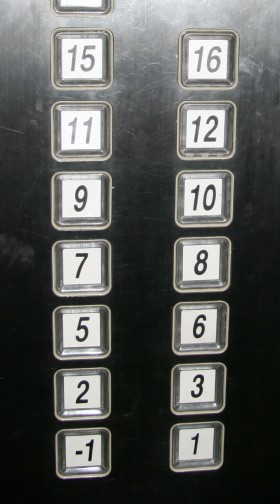Topic Tuesday #54 2013/07/30 - "Cruel Calculus"
"One death is a tragedy; one million is a statistic." - Joseph Stalin
Researchers were curious about generosity in the way of donations to charitable causes.
There would seem to be a correlation to the level of generosity when it has a face; a face reflecting the suffering. You may have heard that sometimes you "have to put a face to name" to make it matter. It turns out to be very true. John and Jane Doe see a plea for a donation to save needy children. The plea wants money to help save children by providing general life saving things: medicine, food, clean water, shelter, maybe even education, if there is enough left over. Save more with a higher donation. It's simple math really, and we have seen it in the big box stores when we stock up on items. Buy bulk, pay less per item. It works that way with helping people too. The more money is donated, the more people are saved. So it would figure, by that reasoning, that if you are told your generous donation of x will save 1,000 children, you would be inclined to save that number. But that is not how our brains work. That 1,000 is a statistic. The numbers somehow make our brains just say "Nope".
Do you want to save kids? Of course you do. Do you want to save lots of kids? Sure you do. Do you want to save this particular kid that has a picture and a life story and will write you a gratifying letter saying thank you? OH HELL YEAH!
Face recognition. You put their picture next to a pledge amount. If you leave the donation amount up to the common man (or woman of course) you get this approximate distribution.
The breakdown of average voluntary donations results in a counterintuitive way. Sometimes like a tip at a restaurant...
Example:
Save 1,000 children ≈ $20 donation
Save 100 ≈ $20
Save 10 ≈ $25
Save 1 ≈ $50
Save 1,000 children ≈ $20 donation
Save 100 ≈ $20
Save 10 ≈ $25
Save 1 ≈ $50
Save 1 very specific child ≈ $75
It's the way we are wired, or so the numbers bear out.
It's cruel calculus. But given that we can easily be manipulated by pictures and possibly made up tales of strife, some organizations may be inclined to use this against you to benefit the other 999 hungry mouths to feed. In this case, I think that is a good idea. What do you think?









